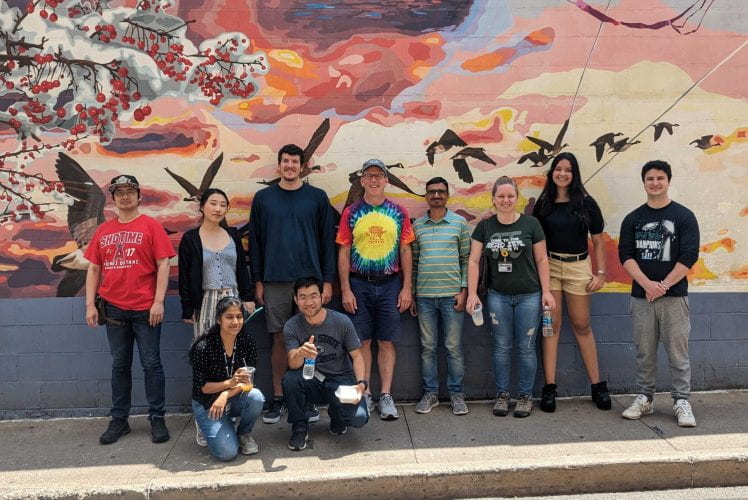
Tracking objects under the microscope and characterizing their movements, particularly when studying motors, can be time-intensive. Fortunately, we have several ways to simplify this. One approach involves fitting the Point

Farewell to Zach, and best of luck to the ‘undergrads’, the ‘man of platerreader’, and the ‘master of cellulose and lignin’! Zach, may your future be filled with happiness. May

Microtubules are like the high-speed expressways for motor proteins, made up of a protein called tubulin. In our lab, especially during our stop-flow experiments, we need a lot of microtubules

TIRF and IRM are ideal approaches to image small enzymes (tagged with fluorescence) interacting with big subtract(label-free ! e.g., microtubules, Cellulose, PET fibers)! Cellobiose slows down the velocity of cellulase
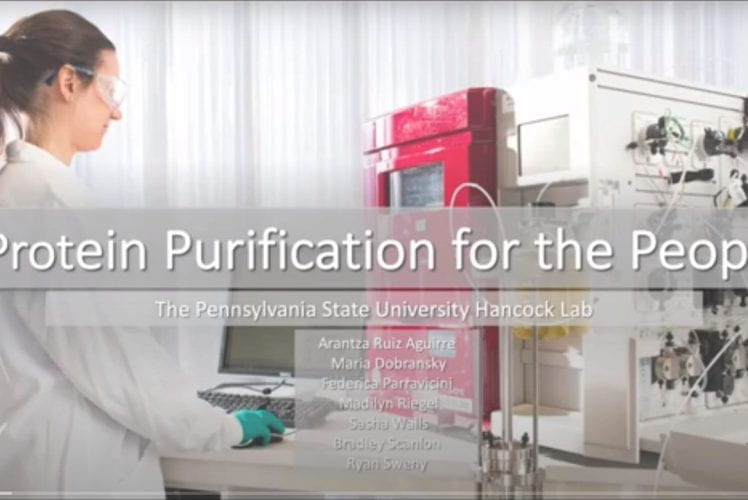
Senior Design Projects are teams of senior students from the School of Engineering collaborating on a compelling two-to-three-semester capstone project. This experiential initiative cultivates practical skills and augments the students’
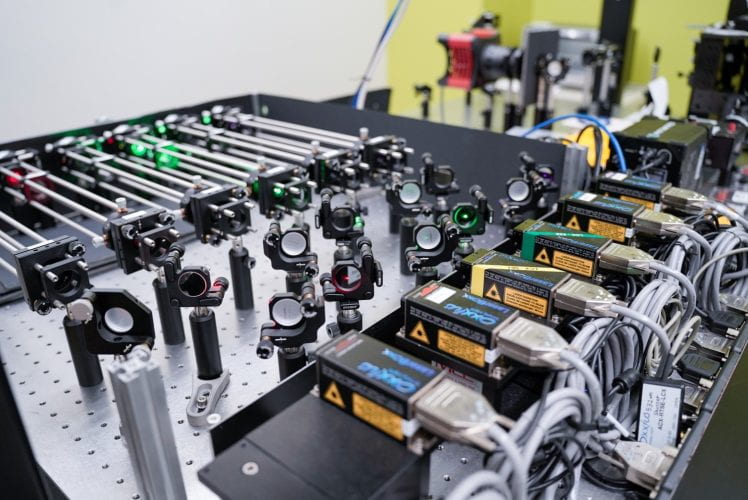
Dr. Daguan Nong is building the SCATTIRSTORM microscope from bolts and nuts! And here is how it looks when it is finished! BUT, what is this, and how it works?
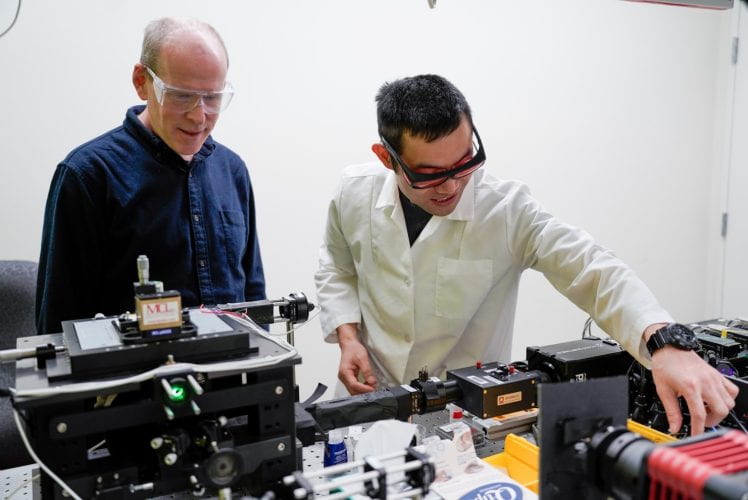
Dr. William Hancock (back) observes while Crystal Noell (front) is doing a StopFlow experiment. Dr. William Hancock (left) observes while Daguan Nong (right) adjusts a single-molecule fluorescent microscope. Crystal Noell

Dr. Hancock delivered a presentation on the adventures of single-molecule microscopy during the 2021 Biophysical Society (BPS).
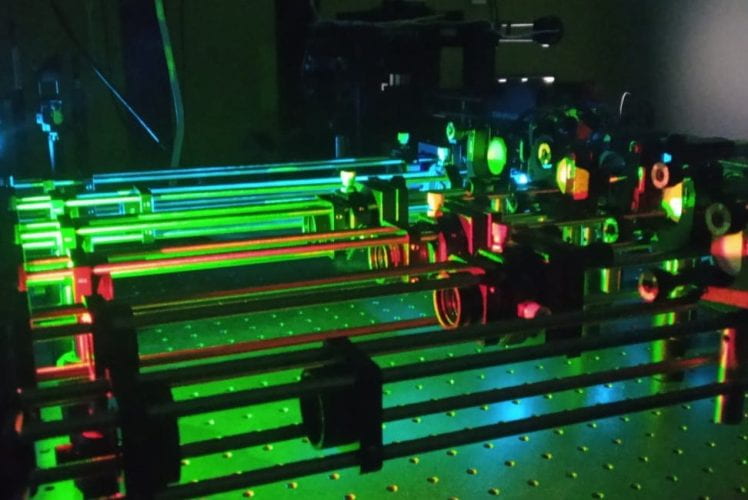
Our research on Kinesin and dynein has been reported by the College of Engineering News! Neuron movements caused by push, pull of motor proteins, study finds

BIOPHYSICAL SOCIETY CONFERENCE 2020 SAN DIEGO, CA GOOD PEOPLE. GOOD FOOD. GOOD WEATHER. GREAT SCIENCE! Funky group photos at the Conference Reception! (Left: Will, Taylor, Joe, Rui, Allison. Right:
